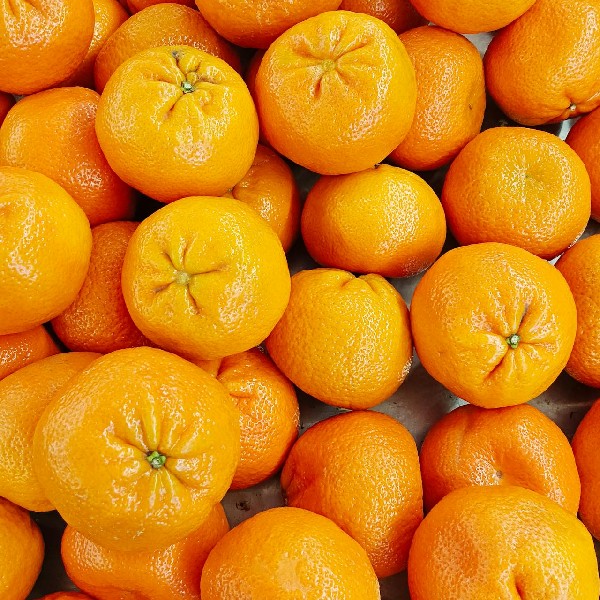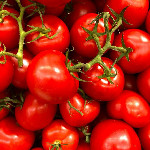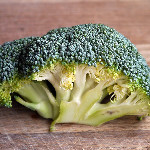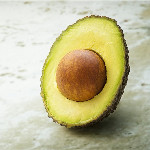Origins and Varieties:
The story of mandarins traces back to ancient China, where the fruit was cultivated and revered for its sweetness, juiciness, and ease of cultivation. Belonging to the Rutaceae family, mandarins encompass a wide array of species and cultivars, each offering a unique combination of flavor, texture, and aroma. Among the most popular mandarin varieties are the small, seedless Satsuma mandarins, celebrated for their easy-to-peel skin and intense sweetness; the juicy, aromatic Clementine mandarins, prized for their vibrant color and refreshing taste; and the tangy, flavorful Tangerine mandarins, known for their robust flavor and versatility in culinary applications. Whether eaten fresh, juiced, or incorporated into recipes, mandarins offer a delightful culinary experience that tantalizes the taste buds and satisfies the senses.
Nutritional Composition:
In addition to their delicious taste, mandarins boast an impressive nutritional profile, making them a superfood worthy of inclusion in any balanced diet. A one-cup serving of mandarin segments (approximately 195 grams) contains about 103 calories, primarily derived from carbohydrates in the form of natural sugars, including glucose, fructose, and sucrose. Mandarins are also rich in dietary fiber, with approximately 3.5 grams per serving, promoting digestive health, regulating blood sugar levels, and supporting weight management. Moreover, mandarins are a abundant source of essential vitamins and minerals, including vitamin C, vitamin A, potassium, and antioxidants such as flavonoids and beta-carotene. Vitamin C, a potent antioxidant found abundantly in mandarins, plays a crucial role in boosting immune function, promoting collagen synthesis, and enhancing iron absorption. Vitamin A, another vital nutrient present in mandarins, contributes to eye health, immune function, and skin integrity. Potassium, a mineral electrolyte found in mandarins, plays a vital role in regulating blood pressure, supporting heart health, and maintaining fluid balance within the body. Additionally, mandarins contain small amounts of other vitamins and minerals, such as vitamin E, vitamin B6, magnesium, phosphorus, and calcium, further enriching their nutritional value.
Health Benefits:
The consumption of mandarins has been associated with a myriad of health benefits, making them a valuable addition to a healthy lifestyle. Research suggests that regular mandarin consumption may reduce the risk of chronic diseases, including heart disease, stroke, type 2 diabetes, and certain cancers. The antioxidants found in mandarins, such as flavonoids, beta-carotene, and vitamin C, exhibit anti-inflammatory and anti-cancer properties, scavenging free radicals and protecting cells from oxidative damage. These compounds have been linked to improved cardiovascular health, reduced inflammation, enhanced cognitive function, and longevity. Moreover, the high fiber content of mandarins promotes satiety, aids in weight management, and regulates blood sugar levels. Additionally, mandarins contain natural compounds that support skin health, such as vitamin E and beta-carotene, which help protect against UV damage and promote collagen production.
Culinary Uses:
Beyond their nutritional benefits, mandarins are prized for their versatility in culinary applications. Whether eaten fresh, juiced, or incorporated into recipes, mandarins add a burst of flavor, color, and nutrition to a wide range of dishes. Their sweet-tangy flavor pairs beautifully with both sweet and savory ingredients, such as salads, salsas, desserts, and marinades. Mandarins can be enjoyed in various forms, including jams, marmalades, sauces, and dressings, preserving their delicious taste and nutritional benefits year-round.
Conclusion:
In conclusion, mandarins are more than just a delicious fruit – they are a nutritional powerhouse and culinary delight. From their ancient origins to their modern-day popularity, mandarins have delighted palates and nourished bodies with their vibrant color, sweet-tangy flavor, and impressive health benefits. With their diverse varieties, nutritional richness, and versatile culinary applications, mandarins continue to inspire creativity and delight the senses. So, the next time you enjoy a juicy mandarin, savor not only its delicious taste but also its profound connection to the rich tapestry of human experience and the bounty of nature.












